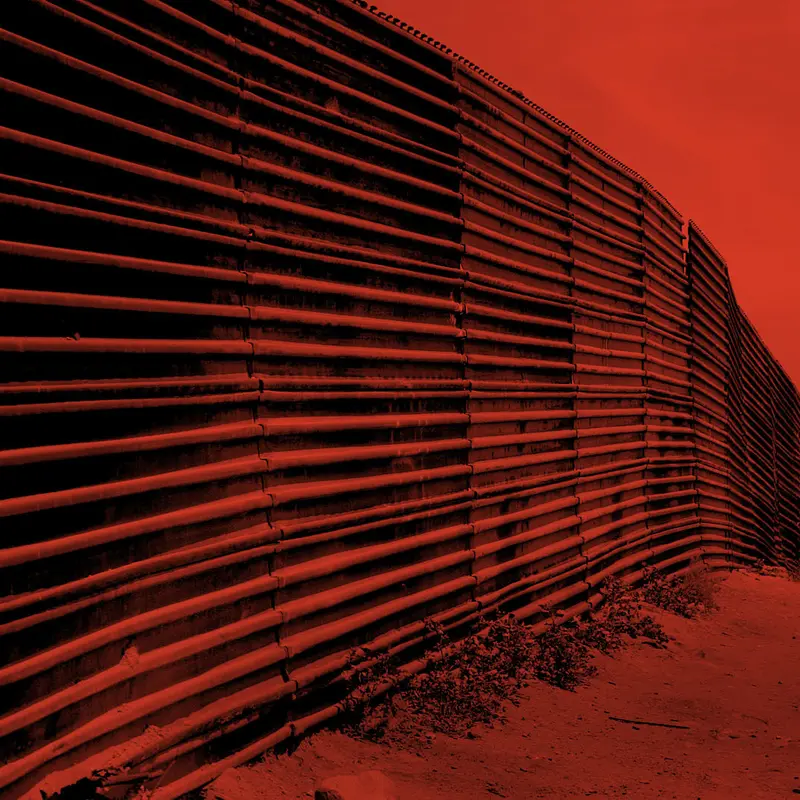In partnership with The Texas Tribune.
A chaotic situation is unfolding at the U.S.-Mexico border, where a record number of migrants have been detained. Migrants were taken into custody by U.S. Customs and Border Protection a total of 178,622 times in April — a 21-year high, according to new federal statistics.
As a recent ProPublica and Texas Tribune story shows, the high number of border crossings may be linked to the Biden administration’s convoluted border policy. With unevenly enforced laws that either grant or deny entry into the country depending on various factors, in addition to mixed messaging from the president, even seasoned experts are unsure who is allowed in and who isn’t.
To help bring clarity to the situation at the border, ProPublica and the Tribune have convened a panel of experts. Join us for a conversation on May 27 at 1-2 p.m. Central Time | 2-3 p.m. Eastern about the policy decisions that have led to so much confusion, what to expect in the coming months and possible paths to reform. Panelists will also answer your questions about the border and immigration reform.
Speakers include:
- Theresa Brown, managing director of immigration and cross-border policy at Bipartisan Policy Center
- Alex Nowrasteh, director of immigration studies at Cato Institute
- Ursela Ojeda, policy adviser at Women’s Refugee Commission
- Andrew Selee, president of Migration Policy Institute
- Lomi Kriel, reporter for the ProPublica-Texas Tribune investigative unit (moderator)
Of the 178,622 migrants taken into custody last month, nearly 67,000 individuals — mostly families crossing with children under the age of 7 and unaccompanied children — were allowed to stay in the U.S. The remainder, largely single adults, were summarily turned away. In the absence of significant reform, the immigration court system faces a record backlog of more than 1.3 million cases, each of which takes an average of more than two years to decide.
This event has ended.

